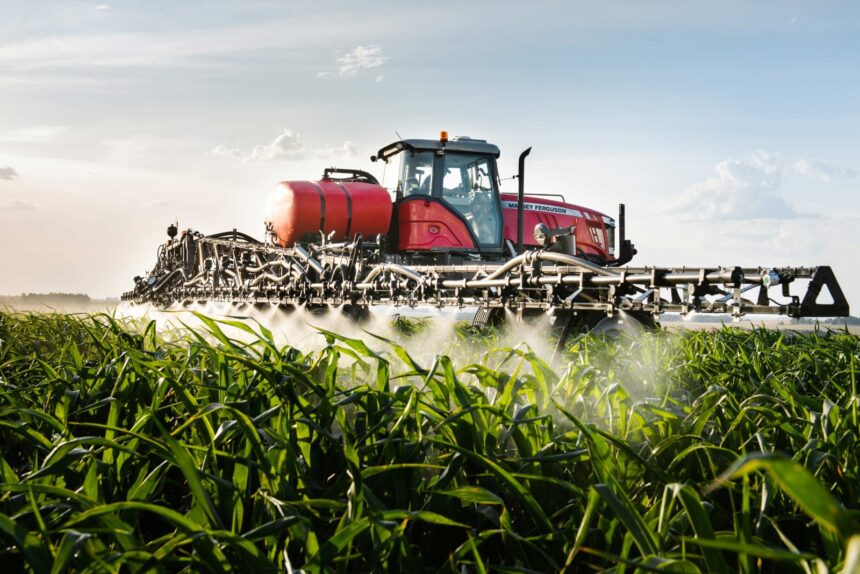Building a sustainable and reputable farming business is a journey that requires commitment, dedication and hard work from a farmer and all teams on the farm.
On average, it takes about 10 to 20 years for one to build a highly- profitable farming enterprise.
However, one of the critical concerns that most successful farmers face is a succession plan that will see the well-established agribusiness venture passed on to the next generation.
Overall, most commercial farmers have succession plans for their farming businesses, and this is no exception in Namibia.
The average age of a farmer in Namibia is 62 years, and with agriculture being one of the main contributors to the country’s gross domestic product (GDP), it is important for those running these crucial farming ventures to ensure that such farming enterprises continue in the unfortunate case of death, or when they decide to retire.
Therefore, to transform an agribusiness into a generational enterprise, an instrumental tool that farmers can institute is a succession plan.
By definition, a succession plan is the process of identifying and developing new leaders who can replace old leaders when they leave, retire, or pass on. This is equally applicable in the case of a farming business.
A farmer has to identify potential individuals from the onset who can one day continue the management and leadership of the farm to ensure the continuity of business on the farm.
Over the years, commercial farmers have utilised this tool very effectively, and this has helped them sustain their businesses for many generations.
Farmers with well-established businesses, such as Stud livestock producers, crop farmers, and even some communal farmers who are renowned in the industry, can transform their agribusinesses into generational business ventures by immediately involving their children from a tender age.
This allows the next generation to understand how the farm operates, makes its income, and its crucial assets of production.
By the time the farmer retires, or in the unfortunate case of death, the immediate children can take over the farming business and continue its operation until they also pass it on to their children, and then later to their grandchildren.
In conclusion, succession planning has proven to be a key strategy that has seen many families with farming businesses enjoy sustainable incomes that have enabled them to sustain livelihoods for many generations.
Therefore, it is recommended that farmers identify those passionate about pursuing farming as a business among their children and teach them all pertinent aspects of managing a farm as a business.
Moreover, an easy way to encourage young people to be involved in farming is by making information such as financial statements available to them, which would show them that indeed farming is a business that can sustain generations.
*Hanks Saisai is Agribank’s technical advisor on crops and poultry.



